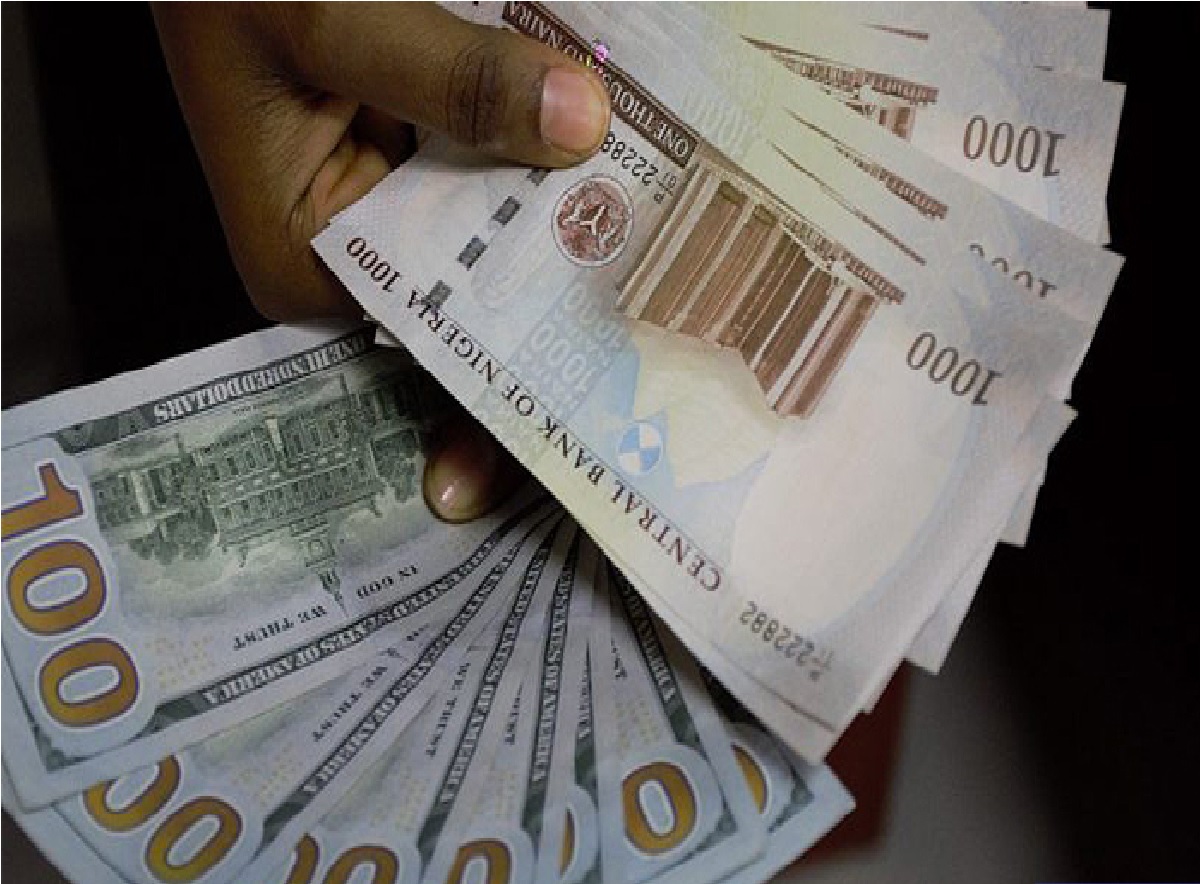Over the weekend, the Naira demonstrated a notable appreciation against the US dollar in the parallel foreign exchange market, marking a significant shift in its value.
Newsflash Nigeria reports that the country’s currency traded at 1,500 and 1,698 per USD on Saturday and Sunday, showcasing a remarkable improvement from the N1,800 exchange rate observed on Friday.
This surge on Sunday alone accounts for a noteworthy N300 gain, reflecting a remarkable 16.6% increase against the USD in the unofficial market. The development unfolds against the backdrop of the Central Bank of Nigeria (CBN) implementing fresh regulatory measures targeted at Bureau De Change operators. These measures include the prohibition of street trading and the introduction of a new minimum per capita share for registration.
The Economic and Financial Crimes Commission (EFCC) has intensified its crackdown on Bureau De Change operators in Abuja and other major cities as part of ongoing efforts to stabilize the currency. Despite these actions, Bismarck Rewane, the Chief Executive Officer of the Financial Derivatives Company, urged President Bola Ahmed Tinubu to redirect efforts, cautioning against the futility of the EFCC raids on BDC operators.
Even the Presidential Candidate of the Labour Party in the 2023 general elections, Peter Obi, criticized the EFCC’s approach, particularly its recent raids on BDCs, in light of the Naira crisis. This divergence of opinions among key figures in the economic landscape adds an intriguing layer to the ongoing discussions surrounding the nation’s currency stability.
As the Naira experiences fluctuations, the intersection of regulatory actions, market dynamics, and political viewpoints contributes to a complex narrative that goes beyond mere exchange rate numbers. Understanding these intricacies is crucial in gauging the broader implications for the nation’s economic landscape.
